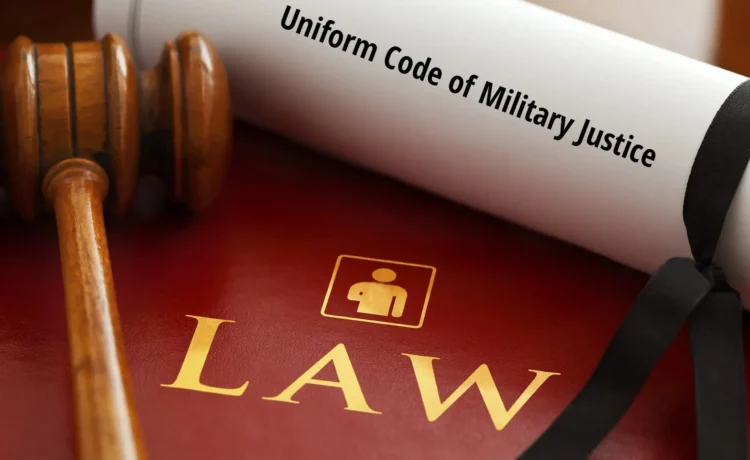By the power bestowed upon it by the Constitution in Article I, Section 8, Congress has enacted the Uniform Code of Military Justice (UCMJ). The congressional delegation is granted the authority to “make Rules for the Government and Regulation of the land and naval forces” in this provision. Read on to learn more from a military justice practitioner.
Military law is defined, and the UCMJ establishes the military justice system. This legislation mandates that the United States President, as Commander in Chief of the Armed Forces, establishes and enforces military law through the rule-making and regulation-making processes.
The Manual for Courts-Martial (MCM) is an executive order that the president issues to establish these regulations. Each offense mentioned in the UCMJ’s punitive articles has a maximum sentence laid forth in the MCM, which governs military court-martials.
What Effect Will It Have on Military Personnel Convicted of Crime?
The ultimate consequence for violating military law is a military court-martial. A conviction can lead to penalties, a loss of rank, or punitive actions like dishonorable discharge or jail time, depending on the nature of the offense.
In the military, there are three tiers of court-martials:
- Summary
- Special
- General
The gravity of the crime and the accused’s status usually dictate the degree.
Enlisted personnel are the only ones who can be tried in a summary court-martial. The provision of legal representation to individuals facing charges is not mandated by law, except by the Air Force, but it is typically permitted. Possible severe penalties include:
- Hard work or confinement for 30 days
- Taking a month’s worth of wages is forfeited
- Default to the lowest level of pay (E-1)
Regarding medium-severity charges, the special court-martial has the authority to try personnel accused of any UCMJ crime. The harshest penalty involves a mix of:
- Dismissal for improper behavior
- A year in prison
- The loss of half a year’s salary
- Default to the lowest level of pay (E-1)
Murder, rape, and robbery are the most serious crimes that warrant a general court-martial. Per the MCM, this court-martial has the authority to inflict the following sentences:
- Disgraceful dismissal
- A life behind bars
- Death
Although nonjudicial punishment is available to members, it is generally advised against. Members face harsher penalties, including a permanent criminal record, in case of a court-martial conviction.
The following rights are guaranteed to a service member under Article 15:
- The freedom to be silent
- Bring an attorney with you so they can represent your interests.
- Acquaint yourself with the proof
- Keep an eyewitness on hand
- (Unless the commanding officer specifies otherwise) hold the proceedings in public.











